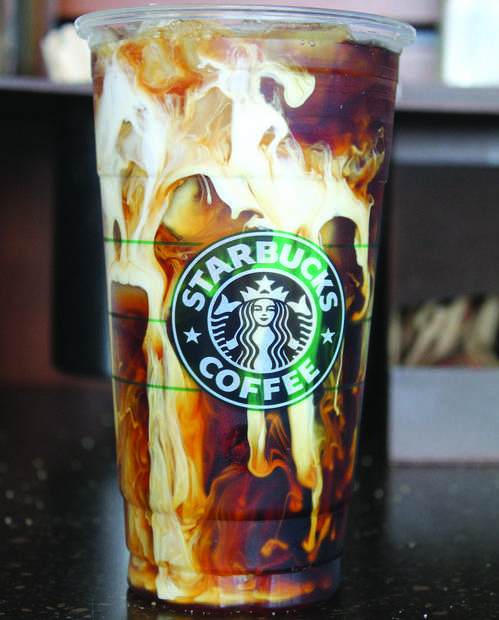Amelia Smith, Staff Writer
As college students, there are two liquids we tend to consume more than we ought to. In the mornings (we’ll pretend we limit ourselves to the mornings) it is common to wake up with the sweet, sweet nectar of coffee.
A quick glance around your class is all it takes to see how many of us rely on the caffeine boost obtainable from a cup or two…or eight. I’d try to defend our behavior by mentioning the increased workload of college students, but realistically we all have a caffeine addiction problem.
The other drink? Wine. It feels classier than beer and it has a higher average alcohol content, making it the go-to option when you need to cry over your last test score (when you’re 21, of course).
With our reliance on these drinks, it’s always helpful for when people comment on your “problem” to be able to throw around some scientific research to show that actually, your behavior is quite healthy, thank you very much. Here’s some recent studies for all the coffee and wine naysayers out there.
Drink coffee and help your DNA
A recent study out of Germany has provided evidence that regularly drinking coffee, specifically dark roasts, can lead to fewer breaks in the DNA of white blood cells. DNA breaks, if you were (un)lucky enough to miss out on a 100-level bio course, are not good.
When DNA is damaged through breaks, it can result in outcomes like cell death or dangerous errors from the repair process. DNA breaks happen naturally, but they can also be caused by environmental factors. Fewer breaks means that your white blood cells, and through them your immune system, are healthier and do a better job keeping you healthy.
Dark roast coffee has a couple of compounds that have been shown to work as antioxidants in white blood cells in previous research. These compounds, like caffeoylquinic acid, help remove damaging molecules called reactive oxygen species (ROS).
In the study, the experimental group that was assigned to drink a daily dose of freshly brewed, dark roast coffee had 27 percent fewer DNA breaks in their white blood cells compared to the control group, who drank a daily dose of freshly poured water.
While the study does have its limitations—it was only conducted with men, for example, and they only drank 750 ml, which is three cups (please, let’s be realistic about people’s daily coffee intake)—it has promising results for improving health of the immune system.
So the next time someone tells you to dial back the coffee, feel free to accuse them of wanting your DNA to be damaged, compromising your immune system and leaving you bedridden with some unpleasant illness. Also, drink dark roast coffee instead of light roast.
Wine could actually help your memory, not just obliterate it
A recent study in Texas investigated how wine may help prevent age-related weakening of memory. The science is focused on the compound resveratrol, which is found in the skin of red grapes and other foods like blueberries and peanuts.
Previous research in resveratrol has demonstrated that it has properties that help against the development of cancer. Basically, it helps corral those pesky damaging nuisances known as free radicals that cause damage to both tissue and DNA.
In the study, which was done with rats (who were not provided with wine but only with the compound resveratrol, which is a bummer for them), resveratrol treatment lead to increased learning and memory compared with the control group.
Over the time period of exposure, the rats also had increased cell growth and blood vessel development in the hippocampus. The hippocampus is an important brain structure for memory processes, so decreasing damage in that area will lead to longer lasting memory faculties.
Of course, the downside of the study is that the rats were exposed to high-doses of resveratrol, considerably higher than you’d find in a glass of wine. Also, no human research has been done with resveratrol in this way yet, so the benefits of wine are all hypothetical.
But wine does have resveratrol in it, so you wouldn’t be lying if you said what you’re drinking has a compound associated with decreased memory problems for when you’re middle aged. Okay, it’s a stretch. But you can always fall back on other research showing that wine has a lot of positive health benefits – in moderation, of course!

